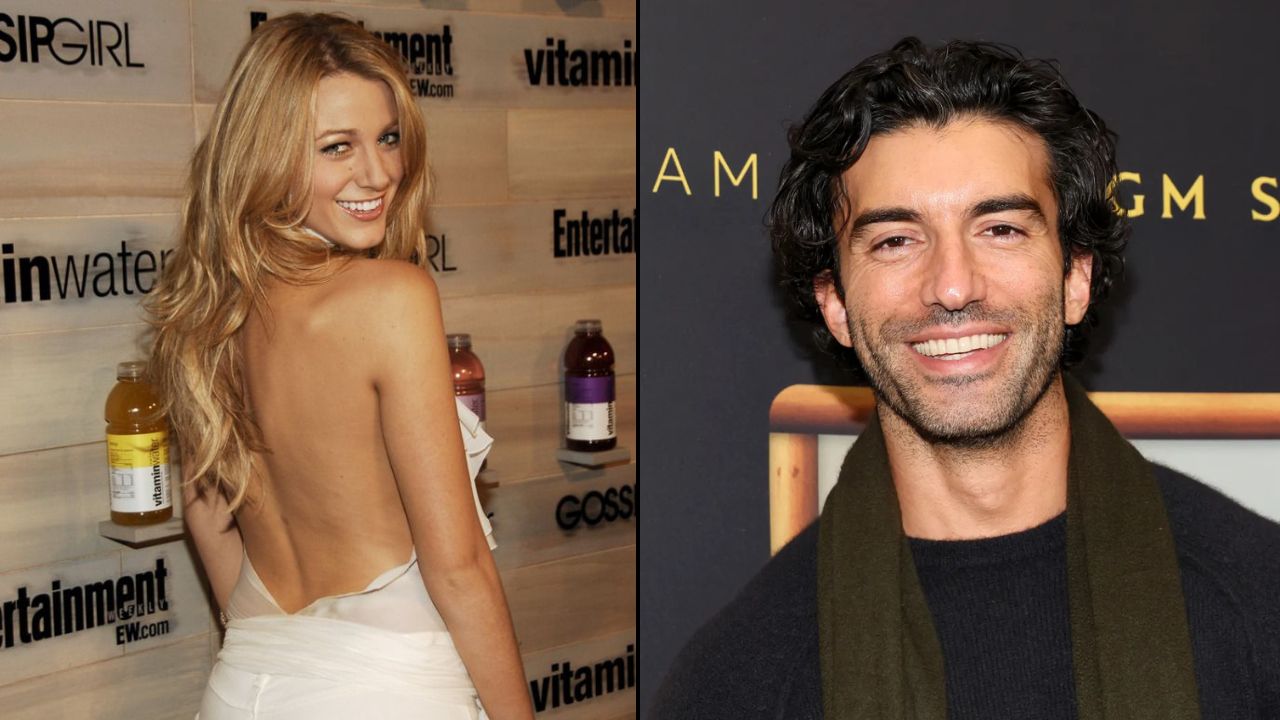Blake Lively, a beloved Hollywood star known for her roles in “Gossip Girl” and “A Simple Favor,” has recently taken legal action against her “It Ends With Us” co-star and director, Justin Baldoni. The lawsuit, which accuses Baldoni of sexual harassment and orchestrating a campaign to damage Lively’s reputation, has sent shockwaves through the entertainment industry. This unfolding drama not only underscores the challenges women face in Hollywood but also raises questions about workplace dynamics in an industry still grappling with the fallout of the #MeToo movement.
The Allegations Behind the Lawsuit
According to reports, Blake Lively’s lawsuit details a series of troubling incidents that allegedly occurred during the filming of “It Ends With Us,” an adaptation of Colleen Hoover’s bestselling novel. The actress accuses Baldoni of creating a toxic work environment by engaging in inappropriate behavior, including showing nude videos and openly discussing his alleged pornography addiction in her presence. Such actions, Lively asserts, caused her severe emotional distress.
The lawsuit also sheds light on efforts to address these issues. During a crucial meeting attended by Lively’s husband, Ryan Reynolds, demands were reportedly made to foster a more respectful working environment. These demands included prohibiting inappropriate comments about cast members’ bodies and ceasing discussions about Lively’s weight and her late father. Additionally, the lawsuit stipulates that no additional sexual scenes beyond what Lively initially approved would be added to the film.
Claims of Social Manipulation
Perhaps the most shocking aspect of the lawsuit is Lively’s claim that Baldoni launched a “social manipulation” campaign to tarnish her public image. She alleges that this was a calculated move in retaliation for her raising concerns about his behavior on set. Such allegations paint a grim picture of power dynamics in Hollywood, where individuals who speak out against misconduct often face retaliation.
Baldoni’s legal team has vehemently denied the allegations, describing them as false and sensationalized. His lawyer argued that Lively fabricated these claims to deflect negative press surrounding their working relationship. This back-and-forth has sparked intense debate about accountability in the entertainment industry and the challenges faced by women who voice their concerns.
Reflecting on Hollywood’s Culture
As a longtime admirer of Blake Lively, it’s disheartening to see her embroiled in such a difficult situation. From her iconic role as Serena van der Woodsen in “Gossip Girl” to her compelling performances in films, Lively has always exuded strength and grace. However, this lawsuit serves as a stark reminder that no one is immune to the darker sides of Hollywood.
The entertainment industry has long struggled with issues of sexual harassment and toxic work environments. While the #MeToo movement brought these problems to light, this case shows that there’s still a long way to go. Lively’s courage in taking legal action highlights the need for systemic change to protect individuals from harassment and retaliation.
Why This Matters Beyond Hollywood
The implications of this case extend far beyond the glitz and glamour of Hollywood. Workplace harassment is a pervasive issue across industries, and Lively’s lawsuit serves as a powerful reminder of the importance of accountability and respect in professional settings. Her willingness to speak out may inspire others to come forward, potentially paving the way for broader cultural shifts.
For many fans, this situation is a poignant reminder of the resilience required to stand up against misconduct. Lively’s actions demonstrate not only her strength but also her commitment to fostering a safer and more inclusive industry.
A Call for Change
The unfolding legal battle between Blake Lively and Justin Baldoni is about more than personal grievances; it’s emblematic of the challenges many face in their workplaces. As this case develops, it’s crucial for industry leaders and the public to reflect on how to support individuals who come forward with allegations of misconduct.
In an era where voices are finally being heard, Lively’s bravery could inspire lasting change. Her actions remind us all of the importance of creating environments where everyone feels safe to speak out without fear of retaliation. As the entertainment industry continues to evolve, this case serves as a rallying cry for accountability, respect, and the urgent need for cultural transformation.
Thanks for sticking around! For more updates, feel free to join my WhatsApp group—we’ve got a lot of fun stuff coming up!
